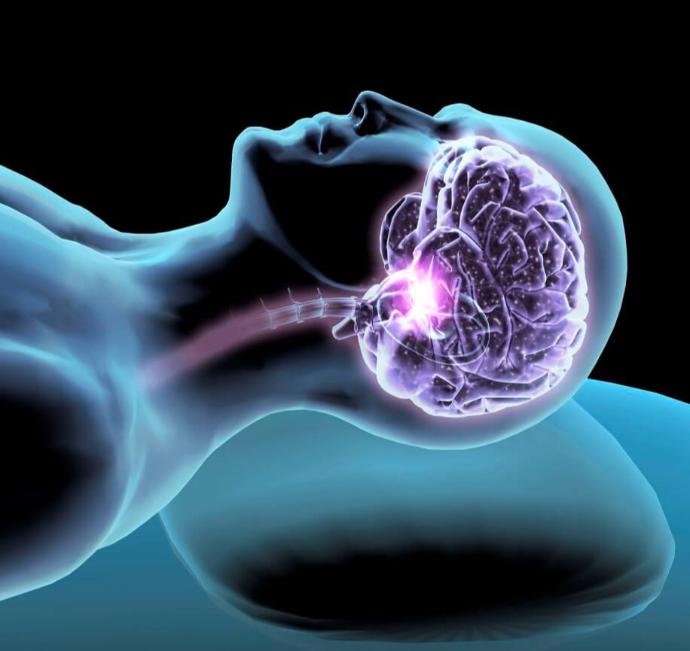For consultations please call (408-216-9109)
The way that we process information is contributed by many important environmental factors. Memorization is a skill that we are granted at an early stage in our life.
Here are some basic tips (that you’re probably already doing, but should do more of) to help you improve your memory:
Exercise more: Being physically active has been proven to reduce many heart diseases, lower blood pressures and to make your general appearance better. When you’re moving your body throughout your workouts, you're not only working on toning and/or gaining muscle mass, you are also releasing proteins called neurotrophic factors, which is essential for the growth of neurons. When your brain doesn’t have enough of this protein, not only does your learning become impaired, but decreased levels have been associated with a variety of neurological/mental conditions.

According to a Harvard study, the benefits of exercise comes "directly from its ability to reduce insulin resistance, reduce inflammation, and stimulate the release of growth factors—chemicals in the brain that affect the health of brain cells, the growth of new blood vessels in the brain, and even the abundance and survival of new brain cells."Studies have also suggested that the prefrontal cortex and medial temporal cortex area of the brain (areas that control thinking and memory) has larger volume in people who exercise than people who don't.
Eat better: As cliche as this sounds, eat your vegetables! Not only are the foods you eat feed your stomach, you are feeding your brain as well. Vegetables contain essential nutrients and healthy fats. You should be eating more curry (turmeric), celery, broccoli and cauliflower, crab, red meat, garbanzo beans, blueberries, and healthy fats (such as organic grass-fed raw butters, olives, organic virgin olive oil, coconut oils, nuts, free-range eggs, wild Alaskan salmon and avocados). Experts say that when you eat breakfast, the nutrient intake sends your brain neurotransmitters all the elements they need to function at their proper levels, according to SF Gate.
Practice Mindfulness: The opposite of this is called multi-tasking, although others more commonly know this as meditation. When you’re juggling multiple tasks, it can be easy to be a little forgetful and uncareful. It may sound silly that just closing your eyes for a few minutes a day and focusing on your breath can help you with your memory, but some may find that this is actually rather difficult. Bill Gates has stated that he found that practicing mindfulness is a great tool for improving his focus. Gates said that through meditation and using the Headspace app, he has also been more in control with his emotions and anxiety. Groupon is currently offering a 40% off a one-year membership for the Headspace app. Studies have proved that those who practiced mindfulness have shown improvements on their short-term memory as well as seen improved test results.

Sleep: It’s common sense that everyday your body and mind needs a recharge, but you’d be surprised (or not) about how many people lacks this basic necessity. If we're out of energy, it makes sense as to why we would make more mistakes or feel less productive at school or work. The reason being is because not having enough sleep impairs your ability to think clearly the next day. Concentration and focus is necessary for retaining new information and remembering them. Lack of sleep will also affect neuroplasticity, which is the process of brain growth. Researchers have found that those who get enough sleep tend to be a little more creative and have are able to come up with new ideas more frequently than those who don't.
According to the National Sleep Foundation, "When we sleep, our brain strengthens or builds new pathways between cells."
If you can remember this simple list, you can remember to practice it more daily! After-all, if your doctor is telling you to eat your vegetables and to exercise more, it’s probably a good idea to do so.